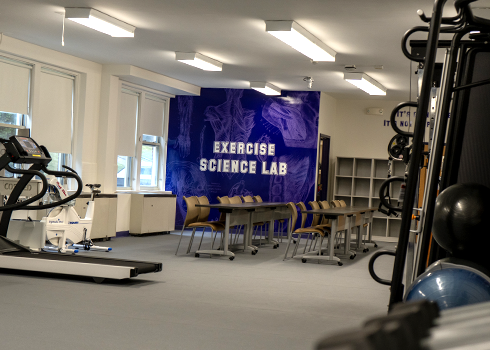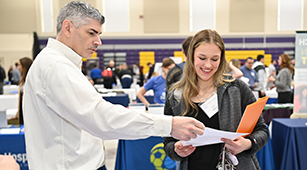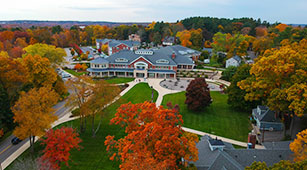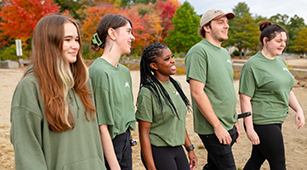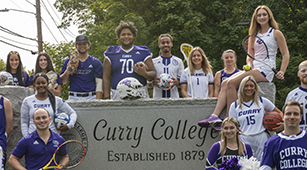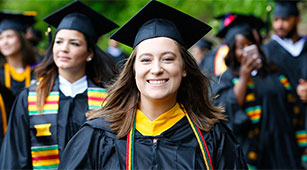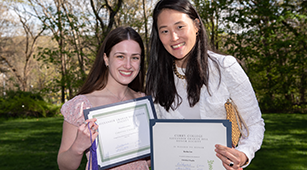
Exercise Science is the study of physical movement, the associated responses and adaptations to exercise. The combination of an aging global population and heightened awareness of the impact bodily health has on lifestyle, longevity, and happiness has created a constant demand for professionals with the unique skill set of exercise scientists.
Exercise Science Major Course Requirements and Learning Outcomes
Students pursuing a Bachelor of Science in Exercise Science will be well-prepared for entry-level careers in fitness, wellness, sports performance, medical fields and/or entrance into graduate-level educational programs such as:
In Massachusetts alone, job growth for Exercise Science field is projected to be nearly 30% by the year 2032.
The Curry Difference
Well-Rounded, Well-Prepared Graduates - Curry College's Exercise Science curriculum was developed to allow students to explore and develop skills for a multitude of career options, creating well-rounded graduates and career flexibility.
Interdisciplinary - Whether pursuing careers in personal training, cardiac rehab, or athletic training, students will rarely work in isolation. As such, the Exercise Science program uniquely emphasizes taking an interdisciplinary approach to movement science.
Hands-on Learning - The Curry Exercise Science program emphasizes hands-on learning for practical application. Students will go beyond traditional classroom learning to practice skills both in the classroom AND through two required internships.
Multi-avenue Exploration - We believe it is important to give students perspective on business, client acquisition and retention, which are common themes within the Exercise Science field, but not often addressed while in college. Therefore, the Exercise Science program at Curry includes courses like 'Marketing and Revenue Streams' with a Sports Management focus.
Global Perspective - Through partnerships with Curry's Career & Experiential Learning, students will be encouraged to experience the health sciences abroad through elective course offerings, providing them a global perspective to a vast field.
Courses You'll Love
Anatomy and Kinesiology
Clinical Exercise Physiology and Prescription
Exercise Testing and Programming for Human Performance
Nutrition for Health and Fitness
Prevention and Care of Sports Injuries
You may also like...
Academic Programs:
ACCEL Nursing Program (post-graduation)
Coaching Minor
Public Health and Wellness Major
Sport and Recreation Management Major/Minor
Clubs/Organizations:
American College of Sports Medicine (ACSM) Student Membership
Exercise Science Club
Fitness/Rec and Intramurals
Public Health Club
Women in STEM
New! Consider a Minor in Exercise Science
Our new minor introduces students to the professional field of exercise science and encourages students to embrace the interconnectedness of many fields of study all with the goal of improving health for all.
Students will emerge with a foundational understanding in human movement mechanics as well as introductory application to exercise and nutrition programming. This minor is ideal for students looking to expand their knowledge in the role that multiple body systems, lifestyle, and genetics play in developing a holistic approach to health and fitness.
